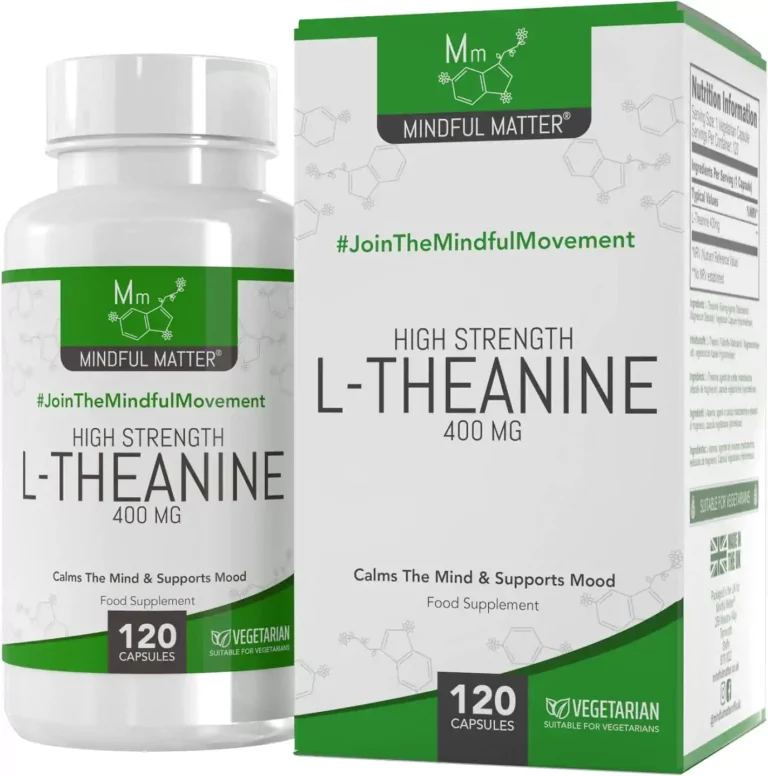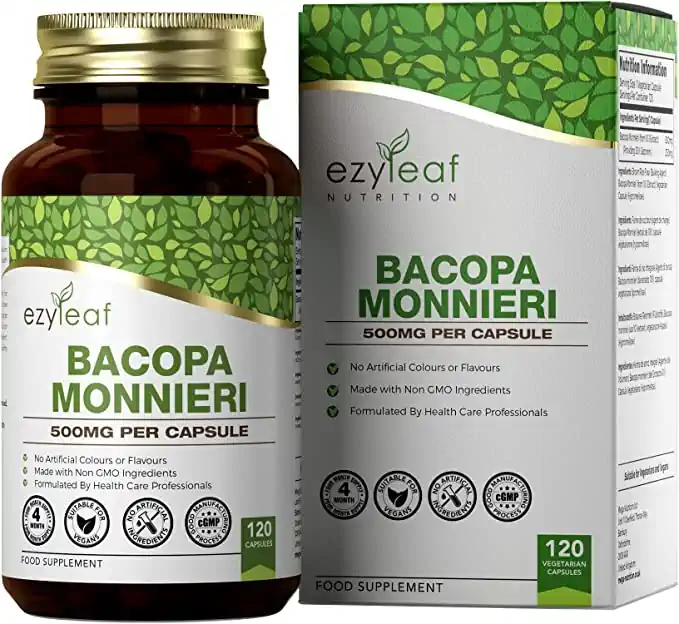
What is Tulsi or Holy Basil?
Holy basil Leaf is called Tulsi in Hindi and Tulasi in Sanskrit or ocimum sanctum in Latin. It is said to reduce stress response, increases energy and nourish the vital spirit.
Tulsi is an aromatic herb from the Lamiaceae (mint) family that is native to the Indian subcontinent and has been used in Ayurvedic medicine for over 3000 years. It is considered highly beneficial for human health.
In Ayurvedic texts, there are four different types of tulsi:
- Rama (Green Leaf) Tulsi, Sri or Lakshmi Tulasi, Ocimum tenuiflorum, Ocimum sanctum.
- Krishna (Purple Leaf) Tulsi, Shyama Tulsi
- Vana (Wild Leaf) Tulsi
- Kapoor Tulsi (Heavy Flowered)
In Ayurveda, the sacred plant Tulsi is often called the “Elixir of Life” in India because of how well it heals and how it has been used to treat many common health problems.
Tulsi leaf extracts can help with bronchitis, rheumatism, and fever. Some people have also used it to treat epilepsy, asthma or shortness of breath, hiccups, cough, skin and blood diseases, parasitic infections like ringworm, neuralgia, headaches, wounds, inflammation, and oral conditions.
The juice from the leaves has been used as a drop to treat earaches, and Tulsi tea made from the leaves has been used to treat stomach and liver problems.
Tulsi is an adaptogen. An adaptogen is any natural substance thought to help the body
Side Effects of Tulsi or Holy Basil
Tulsi may cause low blood sugar. Animal studies show that holy basil might:
- Cause low blood sugar (animals and humans)
- Encourage blood loss
- Don’t use holy basil if you’re allergic to it or other plants in the mint family (Lamiaceae). Holy basil can also give you an upset stomach.
You should be careful when you use holy basil if:
- Is your blood sugar low?
- Are trying to get pregnant
- Take medicines that thin the blood.
- Holy basil shouldn’t be taken by pregnant women because it might make the uterus contract.
In ayurveda, the tulsi plant has a bitter taste (rasa), a heating effect (virya), and a bitter smell (vipaka) (post-digestive effect). Even though it balances vata and kapha, be cautious as it may make pitta too strong.
Uses of Tulsi in Ayurveda
- People use Tulsi leaves to treat skin problems like acne, blackheads
- It is said to be good to prevent premature aging.
- People use Tulsi to treat bug bites.
- Tulsi is said to treat heart disease .
- Tulsi is also used to help people who have trouble breathing.
- Tulsi is used to treat fever, the common cold, a sore throat, headaches, and kidney stones.
- Tulsi can help people with asthma.
- Tulsi supports the immune system and promotes wellness.
- Tulsi may reduce blood pressure.
Tulsi herbal tea. Mix powdered Tulsi with hot water to make a simple and delicious cup of tea. Tulsi tea is a kapha-reducing drink, and you can add honey to reduce kapha further. You could also add ghee.
But don’t go too far. Remember it’s important to keep vata, kapha and vitta in balance in your body.
Ayurveda promotes a holistic approach to health and does not rely on supplements alone. Consider yoga and meditation to support your physiology as well as taking herbal extracts for their chemical benefit.
In Western Science
With the support of scientists working in the Western Medical Tradition whose origin in India, there has been much modern research on how the ingredients in Tulsi leaves help the health.
There have been encouraging signs, but Western Medicine has not confirmed or adopted all the benefits of Tulsi that are claimed by Ayurvedic Medicine.
Eugenol, the active constituent present in Ocimum sanctum L. (Tulsi), seems to be responsible for the therapeutic potentials of Tulsi.
Eugenol, which is also known as clove oil, is an aromatic oil made from cloves. It is used as a flavouring for foods and teas and as a herbal oil to treat toothaches and, less often, to treat stomach and lung problems when taken by mouth.
In therapeutic doses, eugenol has not been shown to cause serum enzyme elevations or clinically obvious liver damage. However, high doses, like those taken in an overdose, can cause severe liver toxicity.
Tulsi leaves have a lot of minerals and vitamins, like calcium, magnesium, phosphorus (Mg), iron (Fe), and potassium (K). They also have a great deal of vitamins A, C, and K. It also has a good amount of fibre and protein.
Conclusion: Would Tulsi Benefit You?
If you’re looking to add some extra health benefits to your daily routine and help your bodily immunity, then Tulsi is the herb for you. In Ayurveda, Holy Basil has a wide range of uses. It is used to aid digestion, reduce inflammation, and even to aid in weight loss. You can use holy basil or tulsi leaf as a supplement to your diet. You can get tulsi as an essential oil to be used as a supplement or as part of a tonic.
Why stop there? You can make Tulsi tea, and you can also use fresh tulsi leaves in cooking! They impart a unique flavor and aroma that is sure to make any dish stand out from the crowd.






